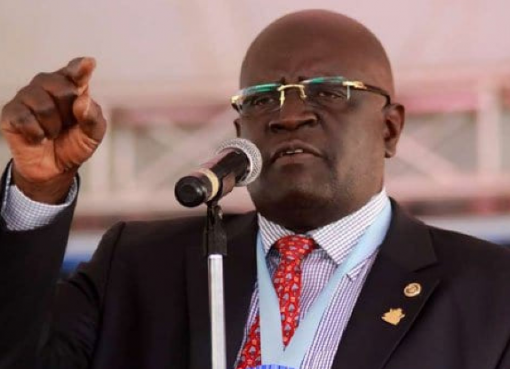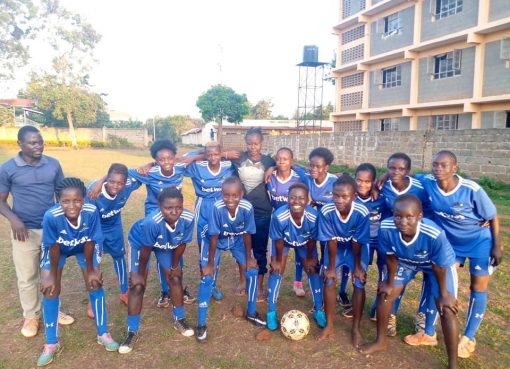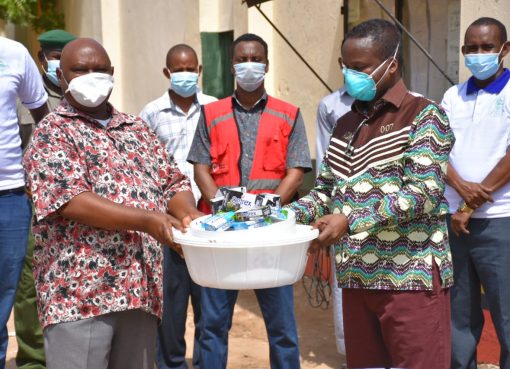A section of residents of Laikipia County have called on the Senate to extend the time for submission of memorandum for the proposed National Resources (Benefits Sharing) Bill that seeks to safeguard indigenous people’s rights.
Led by members of the local County Assembly drawn from Laikipia North Sub County, the residents drawn from the Maasai and Yaaku communities called on the Senate to extend the time for public participation on the bill up to September 15 in order to give them ample time to collect views from indigenous communities across the country.
The move follows this month’s publication of the National Resources (Benefits Sharing) Bill (Senate Bill 6 OF 2022) and calls for public views with an end date of September 4, 2023.
“Given the critical importance of natural resources to the indigenous people, who occupy more than 85 percent of our land mass and hold most of the natural resources, they are a critical constituency in the natural resources conversation,” Mukogodo East MCA Paul Leshuel said.
Speaking in Nanyuki town, Leshuel noted that the bill was important to the indigenous people of Kenya and therefore the need to give them enough time to scrutinise and give their views on it.
His Mokogodo West counterpart, Nicholas Lempaira, appealed to the Senate to extend the presentation of views and memoranda on the bill up to mid next month in order to accommodate as much input as possible.
“This bill is meant to safeguard the interests of indigenous people, especially when it comes to sharing benefits from carbon credits since these are the same people who take care of and protect natural resources such as forests,” Lempaira said.
Yaaku community activist Johnson Saidimu noted that indigenous people in the country have, over the years, been exposed to the most devastating impacts of climate change and environmental degradation.
“Their resilience to climate change impact has been affected due to exclusion from climate change programming and action that has seen women and persons with disabilities bear the heaviest burden,” Saidimu said.
He further noted that the situation had been further worsened by the continuous loss of indigenous people’s land due to displacements induced by mega government projects.
“This has in effect impacted their ability to effectively rely on their long-tested social protection system, which had enabled them to effectively navigate dry and wet seasons,” Saidimu observed.
By Martin Munyi




